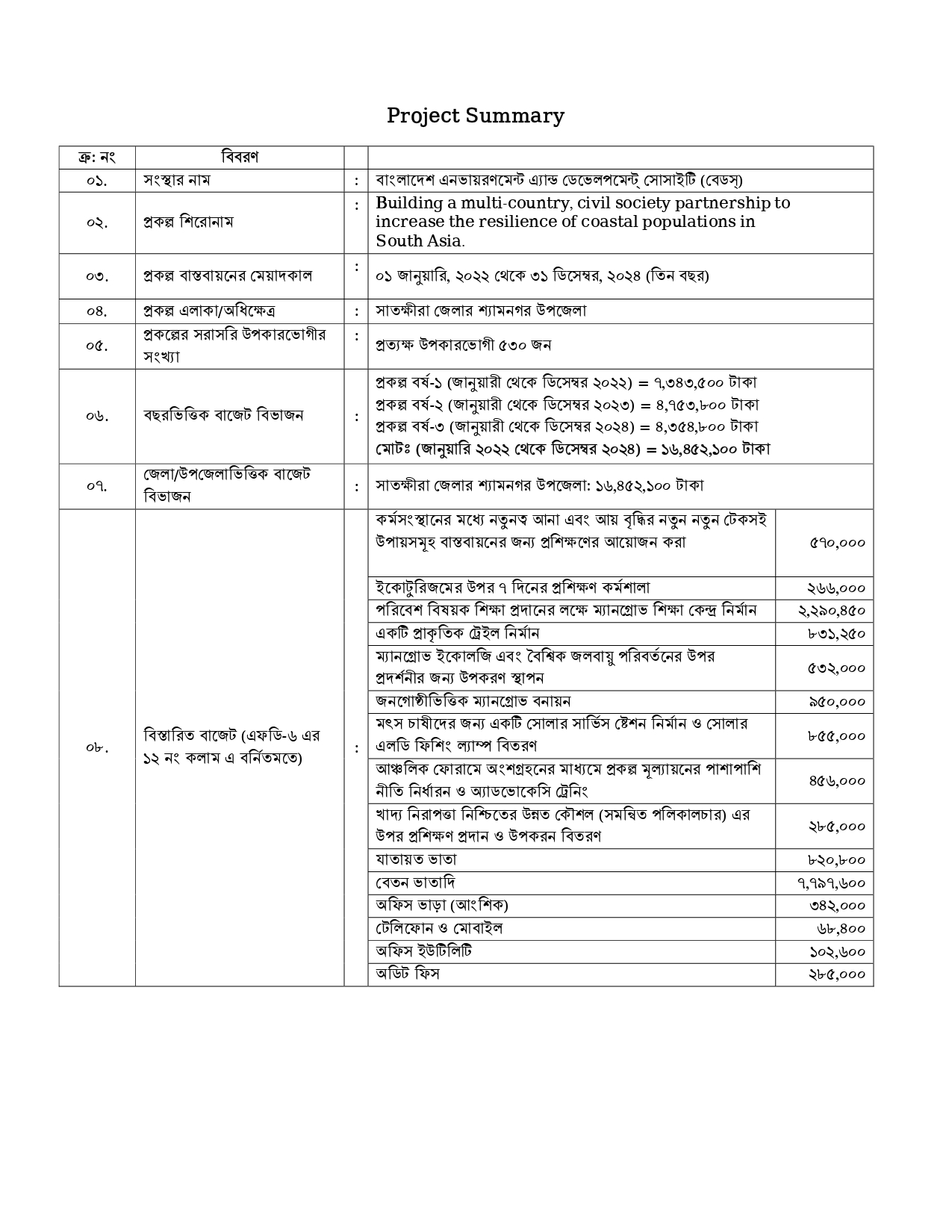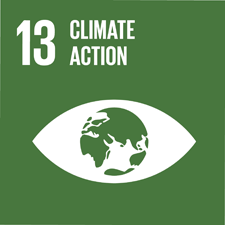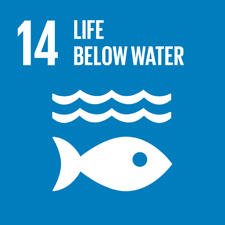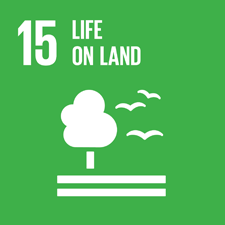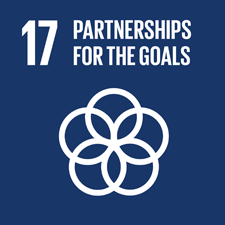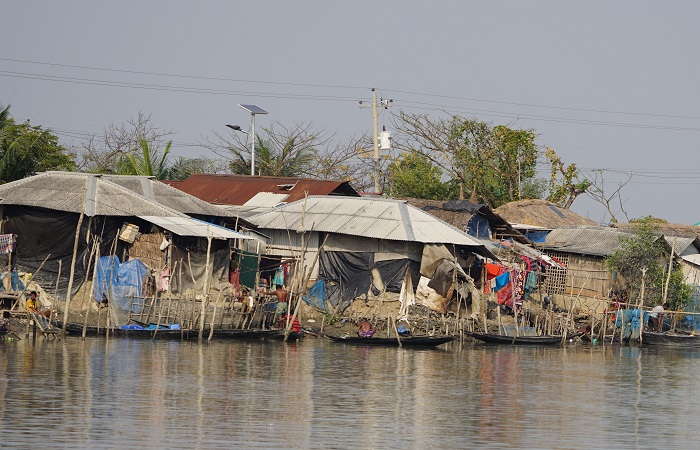Project Summary
The coastal areas of South Asia are already severely affected by the consequences of global climate change. Frequent tropical storms and rising sea levels threaten millions of people living in exposed coastal settlements. A number of promising approaches have been developed in various countries to increase the resilience of coastal populations and to adapt to climate change. So far, however, a regional partnership between different, innovative civil society actors across borders is lacking. Such a partnership makes it possible to establish dialogues with the relevant actors, to learn from each other and to further develop the scattered approaches, e.g. in the use of solar energy or integrated aquaculture. The aim of this project is therefore to establish a partnership between civil society organizations including other relevant actors from Sri Lanka, India, Bangladesh and the Maldives. Partners who play a pioneering role in the development and introduction of innovative and climate-adapted technologies in their respective regions will be brought into a close exchange with each other. Women and the young generation play a special role in the further development of these new technologies and they benefit from this project in particular through targeted support and empowerment.
Bangladesh Environment and Development Society (BEDS) will working as a leading organization in this project along with Centre for Research on New International Economic Order (CReNIEO), ARASMIN, Nature Environment & Wildlife Society (NEWS), Huvadhoo Aid (HAD), the Maldivian Coral Reef Society (MCRS), Nagenahiru Foundation (NF), EMACE Foundation and SaciWaters (South Asia Consortium for Interdisciplinary Water Resources Studies). BEDS will be active at community level in the southwestern coastal districts, mainly in Sundarban area. Specifically, in Mathurapur Jelley polli (fishing village) and JellayKhali Mundapara. The area is covered with extensive mangrove forests which are under the strict protection of the Forest Department. However, heavy exploitation, often in the form of shrimp aquaculture, is taking place in the marginal areas, resulting in dramatic changes to the region's ecosystem through massive deforestation. The selected project target area is home to multi-ethnic, multi-religious communities. In these circumstances, it is crucial to build partnerships with the necessary understanding of the situation and possible contextual setbacks, avoid sensitive issues and create harmony and social cohesion.
